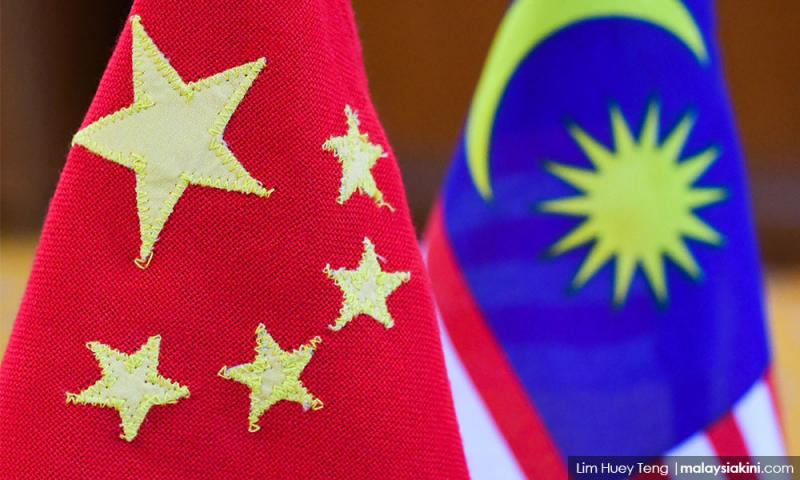COMMENT | M'sia is right in rejecting China's 'new map'
COMMENT | While disputes are common features of international relations, territorial-related disputes are the most complicated and difficult ones to resolve.
Such disputes may not only escalate the growing tensions between states, but they may also, in all likelihood, give rise to armed conflicts.
Ergo, under international law, any peaceful methods that may be able to resolve any international disputes are strongly encouraged. International law invariably motivates parties to pursue such resorts.
Hence, many international treaties such as the United Nations (UN) Charter, the Bogota Pact, or the Manila Declarations, etc, contain specific provisions cajoling parties in any dispute to settle it by resorting to pacific settlement.
Though Article 33 of the UN Charter outlines several common mechanisms in settling disputes such as by way of negotiation, inquiry, conciliation, mediation, arbitration, and judicial settlement, the same provision equally permits the disputants to resort to regional agencies or arrangements or other peaceful means of their own choice.
Even flipping a coin to resolve a dispute is duly recognised under international law....
RM12.50 / month
- Unlimited access to award-winning journalism
- Comment and share your opinions on all our articles
- Gift interesting stories to your friends
- Tax deductable
